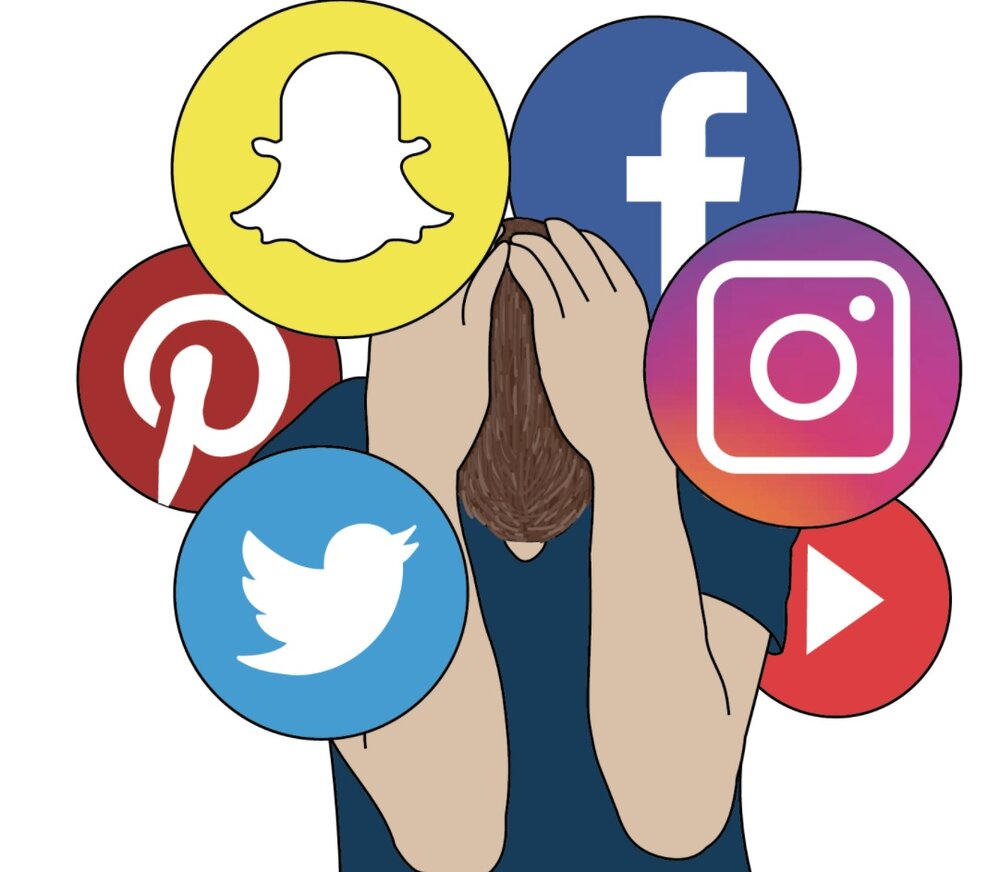 Whether you refer to yourself as a gen y’er, millennial, or digital native, many in ECI 830 navigated childhood in a way our parents and children will never know or understand.
Whether you refer to yourself as a gen y’er, millennial, or digital native, many in ECI 830 navigated childhood in a way our parents and children will never know or understand.
For us millennials, we are the inter-generation between analog and digital. Part of our life was spent navigating a computer for the first time, while the other part is a fully immersive digital experience driven by unprecedented communication and access to information . Our childhood was a calming blend of typical childhood experiences like spending time outside with friends and playin video games.
I was in grade 5 when my family bought our first computer, grade 8 when we got the internet, and grade 11 when I received my first cellphone. I remember rushing home from high school to jump on MSN and chat with my friends while I was “doing homework.” Today, it is not uncommon for students in grade 2 to have an iPhone with computing power that far exceeds the massive personal PC’s that ran the heralded Windows 95 software.
Whereas my parents lamented that technology was a cause of many social ills and nostalgically reflected on their childhood as one of playing road hockey and riding their bike until the streetlights came on, I now find myself doing something similar. I look back on my childhood and compare it to the experiences of my students. I wonder if we have gone too far and created a paradigm of extreme digital reliance? Students seem less engaged, more tired, unenthused about sports, and certainly lack social skills. An interesting phenomena that has emerged in recent decades is Nature Deficit Disorder. While not officially recognized by the DSM, the term was originally coined by journalist Richard Louv who observed an increasing number of youth who were going outside less frequently.
This weeks’ spirited debate considered the oft discussed issue of social media’s effect on children. More specifically, Valeksa and Bart offered insight as to why social media is beneficial for children and how it has completely transformed the educational landscape by creating engaging platforms for students to connect and share resources. Conversely, Brendon and Brittany countered by suggesting that that the rise of social media over the last fifteen years has adversely affected childhood because it presents dangers and distractions which in turn reduces engagement and increases mental health issues.
Childhood has never been an easy experience and one fraught with anxieties around fitting in and adopting the latest and greatest fads. Rebecca Sweat’s 2004 article, Whatever Happened to Childhood, is poignant in this conversation because it considers the ramifications of children desperately wanting to delve into an adult world. With reference to (now) dated technology, I found it interesting that Sweat frames her article around a group of affluent second grade students in Chicago that come from a school where cellphones, pagers, and Palm Pilots were common place. The article pre-dates Facebook’s public explosion by two years, but addresses rising concerns about technology’s affect on young people. Similarly, Sean Coughlin’s 2013 BBC article, Modern childhood ends at 12, argues that children younger than 12 are pressured into growing up at a rate never before experienced thanks in part to social media’s influence. Ultimately, it is easier than ever to access explicit content which can be confusing and difficult for young people to understand.
Social media is here to stay and some consider its benefits. Students now have an opportunity to engage in learning in a truly globalized world. Teachers are creating real world lessons that prepare students with the skillsets required to thrive in the digital world. As Jacqueline Nesi proposes in her article, “The Impact of Social Media on Youth Mental Health: Challenges and Opportunities” research concerning the mental health effects of social media have increased steadily. Many researchers are considering more poignant questions like why and for whom social media is more problematic. This deep work is important because it accepts that social media does have an impact but endeavors to find proactive methods for channeling it for the benefit of students.
Having considered the positive and negative elements of social media and its impact on children, one of the most damaging articles this week was Freya India’s Social Media is Destroying an Entire Generation of Kids.
For a rising number of Gen Z teens and pre-teens today, their memories will be eerily different. They will be of sitting alone indoors, of soaring screen times, and increasingly, of self-harm and suicidal thoughts.
The most disturbing trend is the correlation between smartphone usage, social media, increased screen time, and suicidal ideation. While Freya acknowledges that, “correlation is not causation”, she does argue that the statistics are undeniable. Suicide rates are steadily increasing amongst boys and girls and in 2011 suicide outpaced homicide in teen deaths. The moodiness of teenagers is attributed to wild hormonal swings; however, general socialization and peer-to-peer interactions help normalize behaviours. Freya attributes social media and smartphones to a growing trend in pubescents spending more time isolated and in front of their screen. She furthers by saying that students who socialize face-to-face are 20% less likely to claim unhappiness.
The difficulty of teaching in 2023 is compounded by distractions like smartphones and social media. Students have always found ways to avoid their work; however, the anxieties brought upon by our instant gratification society only work to compound this issue. I do not envy the teenagers of today. Gone are the days when kids can be kids and can find reprieve from a world that impresses upon them an idea of who they should be. Kids need time to be outside with friends and to develop a sense of identity and independence. While the numerous benefits of social media are apparent, they do not outweigh the very scary reality that it contributes to poor mental health and stagnates neurological development.


